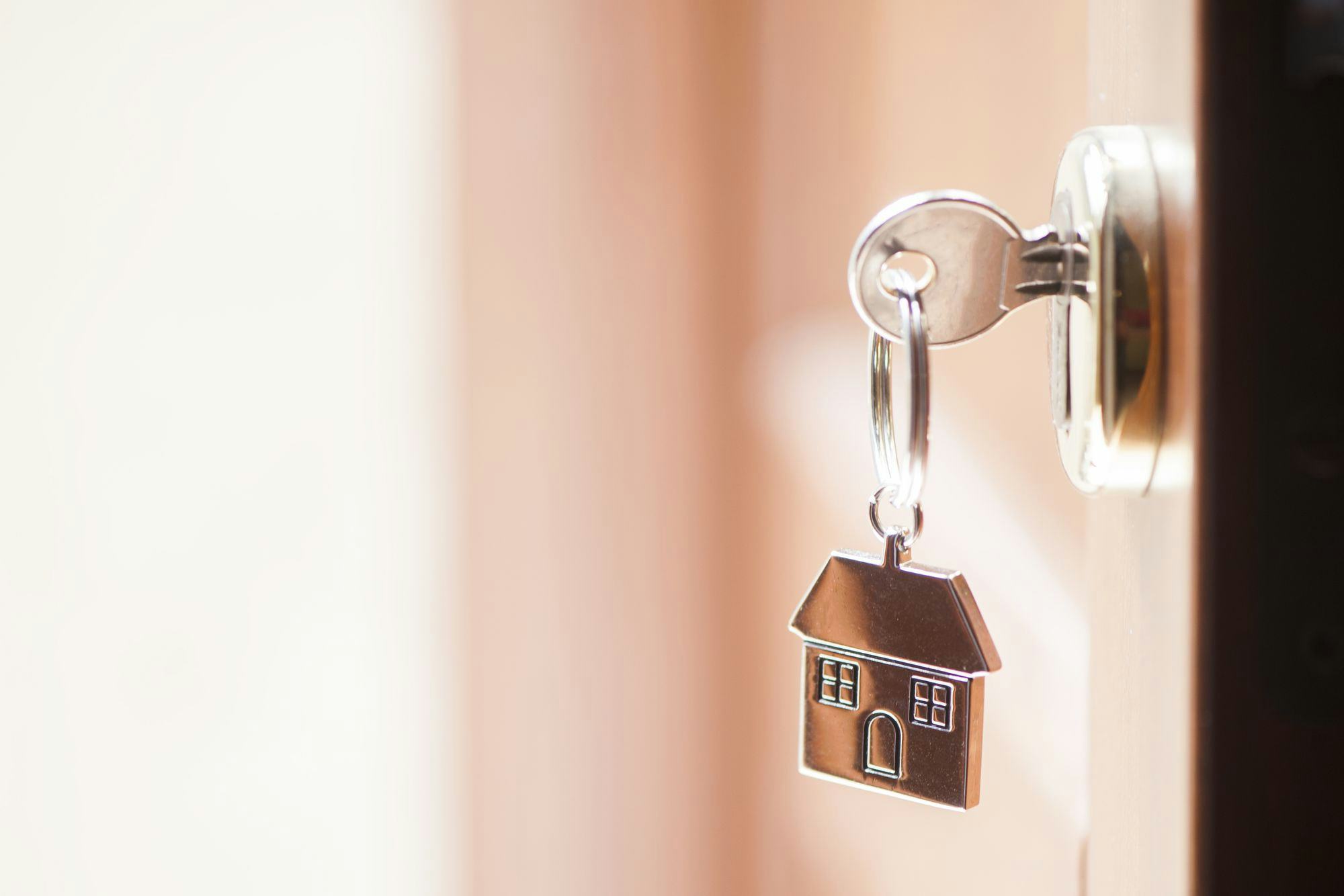Your home's equity is a valuable asset, and you can use it to fund high-cost goals. But it's critical to use the money wisely. When borrowing against your property, you put your home on the line, and you may even face foreclosure if you can't repay the loan. However, as an informed borrower, you can dramatically increase your odds of a successful loan experience.
Borrow on the best terms possible
Borrowing against your home is most advantageous when you have significant equity in your home and you can borrow at an attractive rate.
Have a deep pool of equity
A significant equity stake makes it easier to get the funds you need without using multiple loans or paying excessive costs. Whether you build equity through long-term price appreciation or your monthly payments on the home, a portion of that equity can be used for other goals.
Find a rate that works for you
Low interest rates typically keep your borrowing costs and monthly payments low, though how low is relative. Your monthly payment is determined in part by your interest rate; a higher rate leads to a higher monthly payment, while low rates are easier on your cash flow. Higher rates also mean you pay more interest on your loan balance, increasing your total cost of borrowing.
Another thing to consider is where rates are going. In today's environment of rising interest rates, a fixed rate may be higher initially than a variable rate; however, it will ensure predictable payments for the life of your loan.
Borrow within your means
As a refresher, home equity is the value of your home that you actually own. To calculate equity, start with your home's market value and subtract the balances of all loans secured against your home, being sure to include any further mortgages taken since your initial purchase.
Lenders often allow you to borrow up to 80 percent of your home's value. For example, if your home is worth $300,000, you can borrow up to $240,000 — that includes your purchase loan and any outstanding home equity loans.
Take only what you need
Borrowing against your home can work out well, but you still need to be strategic. Even if you have a significant amount available, you don't need to borrow up to the maximum. By leaving unneeded funds untouched you can benefit in the following ways.
You'll typically pay less interest over the life of the loan.
Your monthly payments will potentially be smaller.
You will have more of a cushion to protect against falling home prices.
You'll have more money available for a down payment if moving is in your future.
Borrow for a good reason
Home improvements
When you use equity to renovate or improve your home, the investment can increase your home's market value. This is a classic strategy to make your home more comfortable while you live there and more appealing to buyers when you sell.
Kitchen and bathroom remodels usually add value according to realtor.com's Cost vs Value report; and other projects, such new windows and decks, can also pay off.
Plus, when you use home equity to make “substantial improvements" to your home, the interest you pay might be deductible — effectively lowering the cost of your project.
Fund education
Degrees are expensive, but their bill often results in higher lifetime earnings. If you're determined to pay for college but don't have enough to cover the full cost, a home equity loan can fill the gap.
Debt consolidation
If you have high-interest-rate debt on credit cards, home equity can help you regain control. You can often borrow against your home at a lower fixed rate, which makes every monthly payment more effective. You'll spend less on interest, and you'll be debt-free sooner if you can get away from toxic rates.
Buy property
Your home's equity can help you buy a second home or investment property. If you try to get approved for a purchase loan on another property, you may face an arduous approval process and higher costs than when you purchased your primary residence. But if you have enough equity, you can pull some of it out of your home relatively inexpensively and fund a sizable down payment.
Grow your business
If you need extra cash for your small business, home equity can provide affordable, long-term financing. A business loan might require you to pledge your home with a personal guarantee anyway, and the borrowing process may be easier with a home equity loan.
Pitfalls to avoid
Your home equity is a significant asset for your balance sheet and your family — so use it wisely.
Don't use your house as an ATM
Avoid tapping your equity for luxury purchases, like vacations or expensive hobbies. Likewise, it's not sustainable to draw on equity for your ongoing living expenses. If you don't invest in something that improves your finances (or dramatically improves your life), the good times will inevitably end.
Think twice about low-return project
In many cases, it's wise to use home equity for home improvements. But choose projects that will appeal to buyers. If you complete an expensive project that very few people (except you) appreciate, you don't add value to your home.
Gambling
Whether you prefer the casino or other risky investments, it's dangerous to put your home on the line for something that might not pay off (or might take too long to pay off).
Innovative Solutions
You have a variety of choices when it comes to home equity loans. The traditional borrowing process is time-consuming and frustrating, but Figure has changed that. The Figure Home Equity Line has unique features you can't find elsewhere:
A completely digital application process with same-day approval
Approval in 5 minutes, funding in 5 days1navigates to numbered disclaimer
Multiple repayment options, so you can select the fixed rate2navigates to numbered disclaimer and monthly payment that fit your needs
